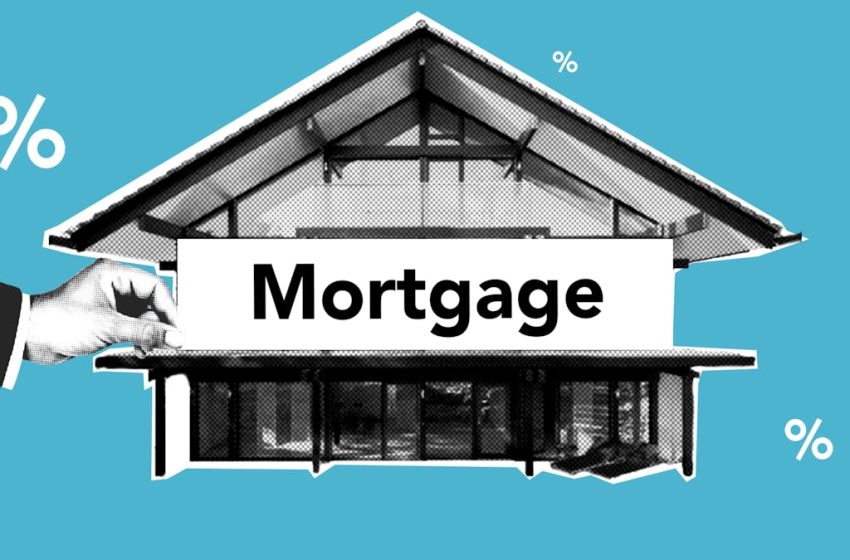
Understanding the Costs Involved in Mortgage Refinancing
Refinancing a mortgage can be a smart financial move, but it’s essential to consider the costs involved before making a decision. Understanding the various expenses associated with refinancing can help you calculate if the potential savings outweigh the upfront fees. Let’s delve into the costs involved in mortgage refinancing to make an informed choice that aligns with your financial goals.
Closing Costs
One of the main costs associated with refinancing is closing costs. These fees can include application fees, appraisal fees, title search fees, attorney fees, and loan origination fees. On average, closing costs typically range from 2% to 5% of the loan amount. It’s essential to factor in these closing costs to determine if the potential savings from refinancing justify the upfront expenses.
Prepayment Penalties
Some mortgage loans may include prepayment penalties, which are fees charged if you pay off your loan early. Before refinancing, it’s crucial to review your current mortgage agreement and determine if any prepayment penalties apply. If prepayment penalties exist, calculate whether the potential savings from refinancing outweigh the cost of these penalties.
Private Mortgage Insurance (PMI)
If your current mortgage requires private mortgage insurance (PMI) and you haven’t reached the required loan-to-value ratio, you may face additional costs when refinancing. PMI protects the lender if you default on your loan and is typically required if your down payment was less than 20%. Consider the potential impact of PMI on your refinancing decision and weigh the costs against the overall benefits.
Interest Rates and Monthly Payments
While not a direct cost, interest rates play a crucial role in determining the long-term financial impact of refinancing. Lower interest rates can result in reduced monthly mortgage payments, saving you money over the life of the loan. It’s important to calculate the potential savings in interest payments and compare them against the costs involved in refinancing to determine if it’s financially advantageous for you.
Understanding the costs involved in mortgage refinancing is vital to making an informed decision. By considering closing costs, prepayment penalties, private mortgage insurance, interest rates, and monthly payments, you can evaluate the financial implications and determine if refinancing aligns with your long-term financial goals.
Remember to evaluate your individual circumstances, such as how long you plan to stay in your current home and the duration it will take to recoup the costs of refinancing. Additionally, consult with mortgage professionals to gain a comprehensive understanding of the costs and potential benefits specific to your situation.




